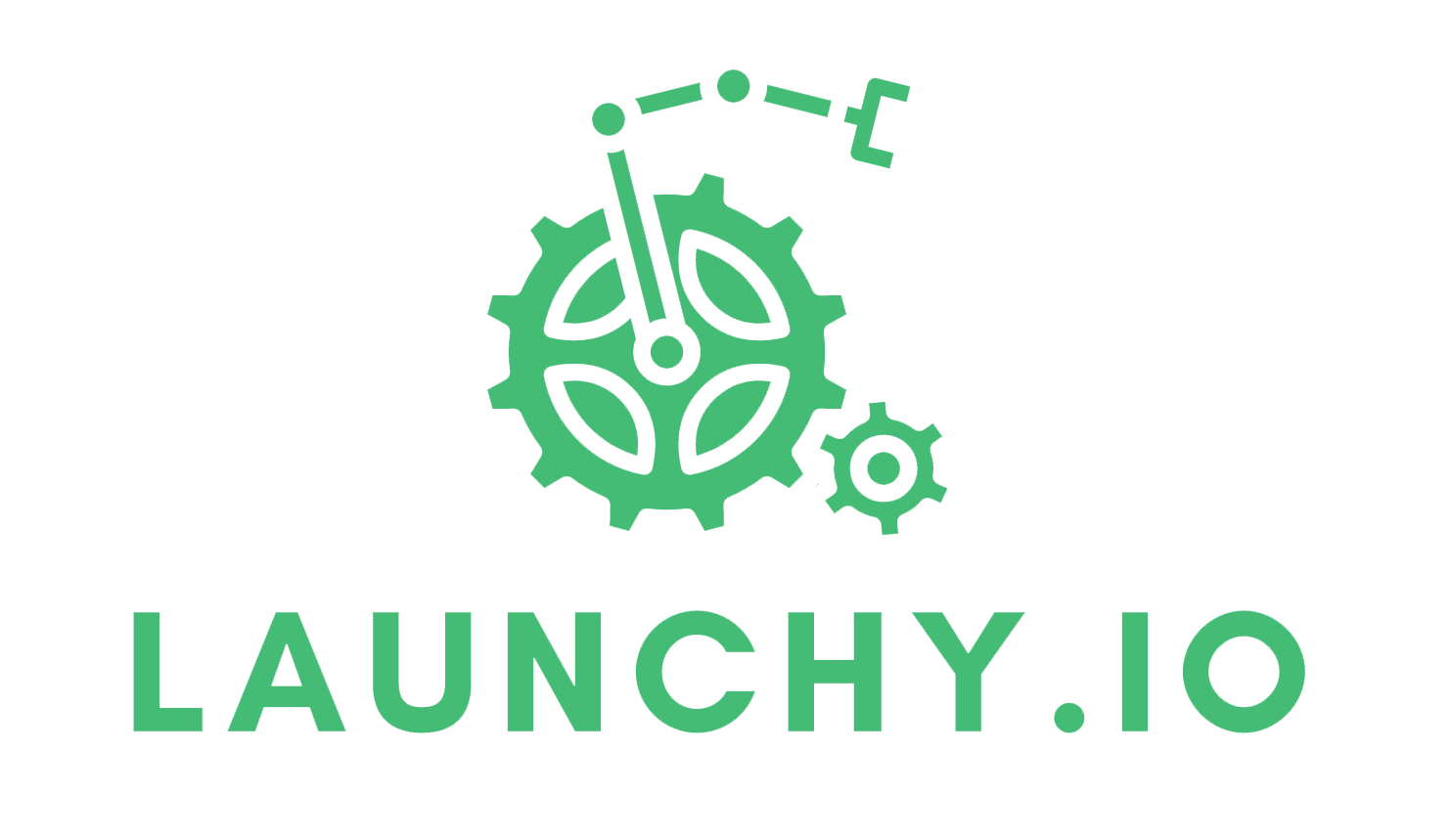In today’s fast-paced and constantly evolving business landscape, digital transformation is fast becoming a necessity rather than a luxury. Among the technology platforms which have picked up in popularity, especially in recent years, is automation planning.
Research has found that 57% of IT leaders found that automation technology has saved departments between 10-50% of their operational costs which were previously performed manually.
Another general concern with manual operations is that it takes up too much of an employee’s work time. This causes their productivity levels to be compromised, which could’ve been spent doing high-value tasks which are focused on creativity and innovation.
For many small businesses that intend to expand their services while significantly improving their cost-saving measures, investing in an automation planning platform is absolutely worth it.
Operations that can be automated with this new-age technology include data entry, invoicing, customer service, as well as inventory management.
This blog post will explain the various facets of this platform which help small businesses reduce their operational costs while simultaneously allowing them to boost their ROI and workforce productivity.
Converts manual operations into automated solutions
Manual processes such as data entry, social media scheduling, and other mundane, laborious tasks can take up a huge chunk of employees’ time.
Small businesses have to churn out higher labour-related or operational costs in case these tasks aren’t executed with precision, as manual operations can be taxing on employees and they’re bound to make mistakes which could cause their company to fork out higher expenditures to fix the human errors.
Automation solutions prevent this from happening. It helps to create a seamless and error-free workflow management process that helps businesses maximise their cost-saving measures while also boosting their ROI.
Integrates solutions to improve operational efficiency across a supply chain
Purchasing a standalone automation platform will not reap the optimal results a business can get if they were to integrate several platforms. For instance, integrating a marketing automation platform and a CRM platform can reduce labour-related costs needed to manually sort client information and data while increasing accuracy by eliminating human processing errors.
Segmenting customers for a particular marketing campaign according to their interests, age range, location, and past purchase histories is also more effective through integrated automation, which combines both CRM and marketing automation solutions. Through this cost-saving approach, businesses can generate higher qualifying leads, increasing their chances for sales conversion.
Another relevant example is the integration of HR and IT systems. Processes such as onboarding, filing employee records, managing payslips, as well as other HR-related functions, are handled more efficiently via cloud-based software. This helps significantly reduce human-based errors and cut down compliance-related fines, contributing to cost savings.
Reduces information gaps and allows real-time information sharing
Automation platforms play a pivotal role in avoiding costly misunderstandings across different departments and clients. As these platforms furnish real-time information for employees to source out and access relevant data and information, small businesses can deliver greater business transparency and operational efficiency.
With real-time communication being relayed across different parties on one shared platform, employees and clients can clarify, verify, and avoid any confusion with regard to a process. This could save businesses from having to exhaust a huge sum of company expenditure due to miscommunication.
Moreover, as automation platforms collect accurate, up-to-date, transparent, and accessible information over time, it will provide valuable data-driven insights for decision-makers. This is especially helpful when it comes to making more strategic approaches to optimise their business performance, which includes cost-cutting.
Streamlines operations for on-time project delivery within the allocated budget
The utilisation of automation platforms requires proper planning so that small businesses can streamline their processes more efficiently. This helps them deliver their projects on time and within the allocated budget.
By nature, employees have the propensity to navigate work according to their preferred style. With multiple people working on a particular project, this can be counterproductive as each of them would have incorporated different styles.
Automation reduces manual variation and risk errors as the workflow processes are aligned throughout the entire pipeline. It also helps to reduce time spent on tasks, allowing employees to focus on higher-value and productive work while reducing labour-related costs.
Save a huge chunk of your business expenditure with the help of automation planning experts
Digital transformation is now no longer a luxury, but a necessity. With sustainable automation solutions and planning, small businesses can build a larger and more loyal customer base, execute projects more efficiently through a seamless and streamlined workflow process, and boost their ROI without putting a dent in their bottom line.
Schedule a consultation with Sydney’s top automation planning experts to kickstart and sustain your small business to go from zero to hero through winning automation solutions.

